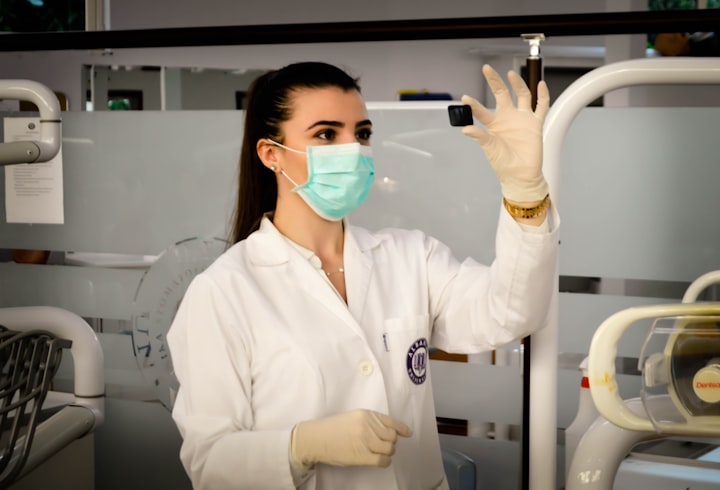How to Start a Career As a CPA
Guide to Becoming an Accountant

A certified public accountant license offers a myriad of benefits that few career paths can. It increases your job opportunities, with CPAs in high demand in industries spanning from public accounting to non-profit organizations. Potential salary is another appealing attribute of a CPA career, with the top earners making $1 million or more than their non-licensed counterparts throughout their career lifespan. Starting a CPA career isn't a linear path, however, and there are many jump-off points you can pursue. Here's a general overview of how most CPAs start their journey.
Identify the CPA Education Requirements
As with any profession, a Certified Public Accountant role involves a specific set of educational requirements. For starters, an undergraduate degree in accounting is required to apply for any CPA program. More specifically, you must complete 150 semester hours in an accounting program at a college or university of your choice. Recently, the American Institute of Certified Public Accountants revised minimum educational requirements for CPA exam takers. Students with a two-year associate degree in accounting or a four-year bachelor's degree with a major in accounting are no longer able to take the exam.
Prep Early
While the basic requirement for CPA exam consideration is a four-year accounting track, you can also combine the 120 credits earned from any four-year program with high school credits earned from taking Advanced Placement courses. In addition to AP classes, you may also use credits from a post-secondary enrollment option. Either way, these courses give you a better resume once you pursue your CPA career. If your high school has an accounting club, you should also consider joining the organization or, better yet, creating one. Doing so lets you showcase your initiative, passion, communication, and leadership skills.
Apply For Accounting Internships
While a high-point grade average is a great way to pad your resume after college, internships are an equally strong bullet point to have. On-the-job experience instills real-world knowledge and insight into an organization's financial inner workings. Not only is internship experience favorable, but it's also a requirement before you can take the CPA exam. Your college or university may have more information and leads on currently active internship programs in your area. These internships are also a great way to find your specialization and network with like-minded professionals. While not all colleges will have it, ask your college if they offer a VITA, or volunteer income tax assistance, program, which helps you earn experience and credits.
Prep for the CPA Exam
Depending on your location, your state board may have slightly different eligibility requirements for the CPA exam. Generally, however, it will include the 150-semester credits in an accounting course. When picking a date, try to leave some time between today's date and your actual exam date so you can enroll and complete a CPA review course. There are a number of legitimate CPA review courses available, each one with its own review style, completion time, and cost. Some CPA courses will have access to a mobile app version so students can progress through the course and review materials on the go.
Register for the CPA Exam
The application process for the CPA exam can now be done through the web. Simply go to the NASBA website and choose your state to initiate the process. You'll then be asked to submit your college transcripts and pay the registration fees. Upon successful registration, you will be sent an ATT or an Authorization to Test. Note that the ATT expires in 90 days after you receive it, so make sure you register for the exam before those 90 days are up.
Secure a CPA License
Once you pass the CPA exam, your final step before you can start applying for CPA work or starting your own firm is to obtain a license. Depending on which state you live in, the requirements and cost may vary. Your state accounting board's website should have more information about eligibility requirements for a CPA license.
Armed with a CPA license, you can now start applying for more prestigious roles at different companies and industries. Note that a license isn't the only requirement to thrive as a CPA. You'll also want to have solid problem-solving, research, and collaboration skills in order to work proficiently as a certified public accountant.





Comments
There are no comments for this story
Be the first to respond and start the conversation.